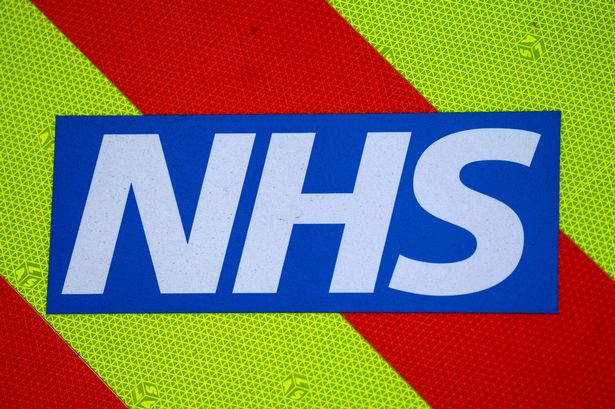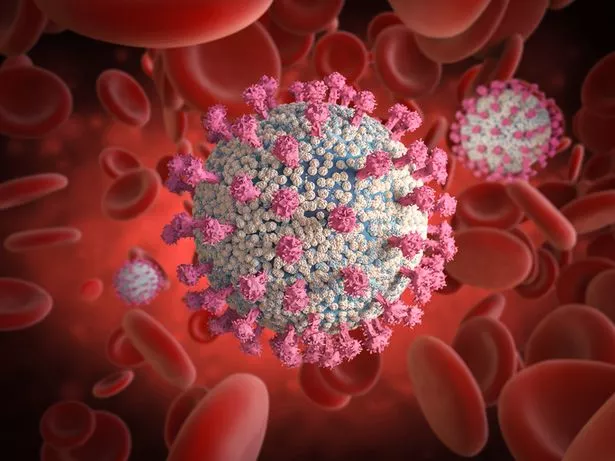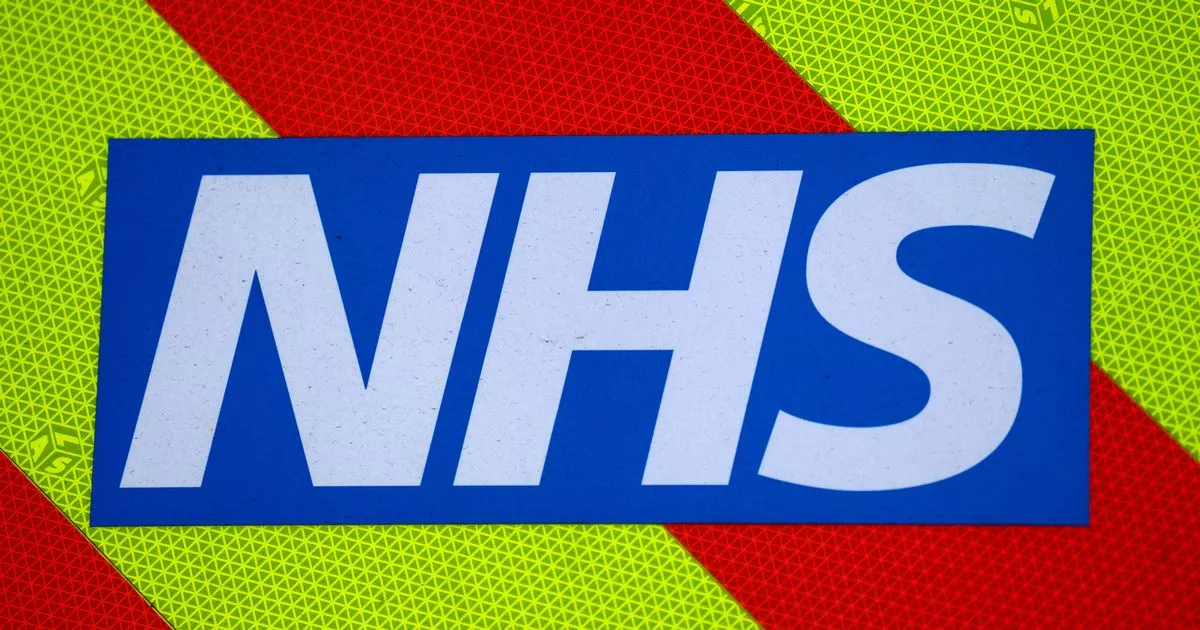The new Stratus variant has been causing spikes in Covid cases.
15:42, 14 Oct 2025Updated 15:42, 14 Oct 2025
 The NHS is urging the public to follow its ‘5-day’ Covid rule(Image: Carl Court/Getty Images)
The NHS is urging the public to follow its ‘5-day’ Covid rule(Image: Carl Court/Getty Images)
The NHS has issued a five-day Covid rule to help prevent the virus from spreading as cases continue to rise. The latest data from Public Health Scotland has shown a rise in hospitalisations with Covid since the start of October, making it all the more important to do what we can to stop the spread.
Experts have also noted that the XFG variant, otherwise known as Stratus, is currently the most dominant strain in the UK, reports the Mirror. The NB.1.8. 1 variant, known as Nimbus, has also been circulating.
In a recent update, the UKHSA warned that these strains may cause a hoarse voice or “particularly painful” sore throat alongside other typical Covid symptoms. While there are no longer any Government-imposed rules about what to do if you have Covid, the NHS has a series of recommendations for what to do if you test positive for the virus.
On its website the NHS states that “most” people do not need to take a Covid-19 rapid lateral flow test if they have symptoms. However, if you choose to do a test and the result is positive, you should stick to its ‘five-day rule’.
The NHS said: “Try to stay at home and avoid contact with other people for five days after the day you took your test if you are 18 years old or over.”
 A hoarse voice or a “razor blade” sore throat are symptoms of Stratus(Image: Getty)
A hoarse voice or a “razor blade” sore throat are symptoms of Stratus(Image: Getty)
It also advised that under 18s with Covid try to stay at home and avoid contact with other people for three days after the day the test was taken. This is because children and young people tend to be infectious for less time than adults.
If you have symptoms, avoid meeting people who are more likely to get seriously ill from infections, such as people with a weakened immune system, for 10 days after the day you took your test.
Covid symptoms Stratus and Nimbus are now the most common variants being passed around in the UK(Image: Getty Images)
Stratus and Nimbus are now the most common variants being passed around in the UK(Image: Getty Images)
According to the NHS, Covid symptoms can include:
A high temperature or shivering (chills) – a high temperature means you feel hot to touch on your chest or back (you do not need to measure your temperature)A new, continuous cough – this means coughing a lot for more than an hour, or three or more coughing episodes in 24 hoursA loss or change to your sense of smell or tasteShortness of breathFeeling tired or exhaustedAn aching bodyA headacheA sore throatA blocked or runny noseLoss of appetiteDiarrhoeaFeeling sick or being sick
“The symptoms are very similar to symptoms of other illnesses, such as colds and flu,” the NHS says.
“Most people feel better within a few weeks, but it can take longer to recover.
“For some people, it can be a more serious illness and their symptoms can last longer.”
 Covid is on the rise in Scotland(Image: Getty)
Covid is on the rise in Scotland(Image: Getty)
To help ease symptoms, the NHS says you should:
Get lots of restDrink plenty of water to avoid dehydration (your pee should be light yellow or clear)Take paracetamol or ibuprofen if you feel uncomfortableTry having a teaspoon of honey if you have a cough – do not give honey to babies under 12 monthsTry turning the heating down or opening a window to help with breathlessnessBreathe slowly in through your nose and out through your mouth, with your lips together like you’re gently blowing out a candleSit upright in a chair to help with breathlessnessRelax your shoulders, so you’re not hunched to help with breathlessnessLean forward slightly – support yourself by putting your hands on your knees or on something stable like a chair to help with breathlessnessNot lie on your back if you have a cough – lie on your side or sit upright insteadNot use a fan to cool your room as it may spread the virusTry not to panic if you’re feeling breathless – this can make it worse Join the Daily Record WhatsApp community!
Join the Daily Record WhatsApp community!
Get the latest news sent straight to your messages by joining our WhatsApp community today.
You’ll receive daily updates on breaking news as well as the top headlines across Scotland.
No one will be able to see who is signed up and no one can send messages except the Daily Record team.
All you have to do is click here if you’re on mobile, select ‘Join Community’ and you’re in!
If you’re on a desktop, simply scan the QR code above with your phone and click ‘Join Community’.
We also treat our community members to special offers, promotions, and adverts from us and our partners. If you don’t like our community, you can check out any time you like.
To leave our community click on the name at the top of your screen and choose ‘exit group’.
If you’re curious, you can read our Privacy Notice.

